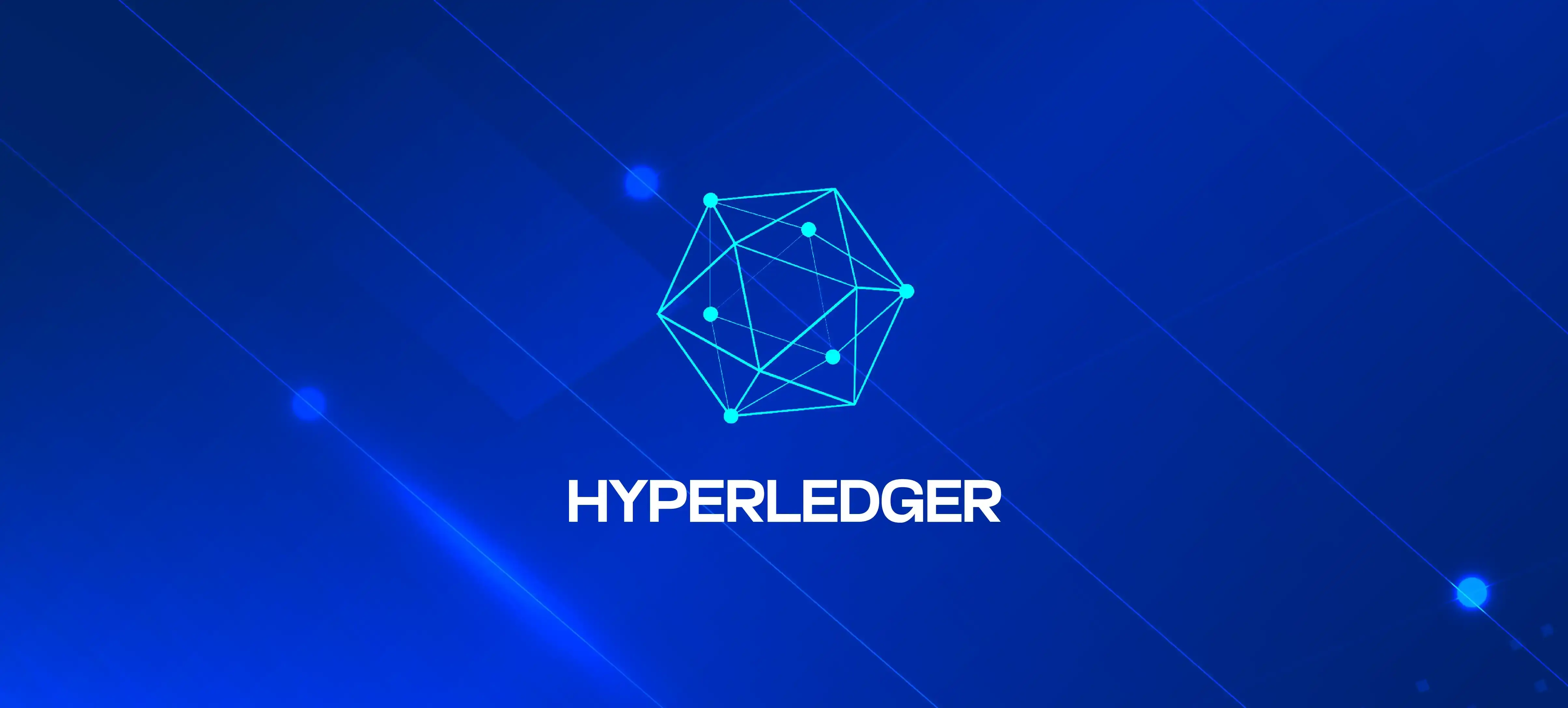
Could Netflix Go Decentralized?
Table of Contents
Since the onset of Blockchain technology, many pre-existing platforms and solutions have been rethought as decentralized solutions. A decentralized solution revolving around media existed long before blockchain technology, but a legitimate one has only until Blockchain.
Blockchain has decentralized numerous domains, from banks to wallets to games to art. One domain, which has only been touched a little by some projects, has been the domain of media streaming.
The questions we will ponder to answer in this article will be as follows: Would Netflix consider Decentralizing? Would a Netflix-like decentralization streaming platform come around in the future? How would the platform incentivize? What would be the pros and cons?
Let’s first consider what decentralized means. A decentralized platform would be one in which no single person or group has control—instead, all users collectively retain control.
What would a ‘decentralized’ Netflix look like?
A decentralized Netflix would not be decentralized in the traditional blockchain sense. The platform would be similar to the torrent concept, where the media content would be displaced across several participants in duplicates so there is no single point of failure.
The participating nodes would be given some form of ‘incentive’ for lending their storage and bandwidth, most likely a form of cryptocurrency. Subscribers to the platform would pay a fee to stream media from these participating nodes, as is with Netflix right now.
So the question now is, why would Netflix or some other company consider a decentralized streaming platform?
Let’s take a look at the pros and cons of a decentralized Netflix or decentralized streaming platform.
Pros
-
Lower Infrastructure Cost
Streaming platforms like Netflix require massive data centers to store the media content and then have ‘L3’ level agreements with companies like Verizon to provide high-speed bandwidth to these data centers. This means that such an infrastructure costs them significant money to keep Netflix up and running.
In a decentralized architecture, many data center and bandwidth agreement costs are cut down as the infrastructure is ‘outsourced’ to the computers running participating nodes. This, in turn, lowers the infrastructure cost.
-
Lower User Cost
As the infrastructure costs are lower, this allows for streaming companies with decentralized architecture to charge their users even less. A Decentralized Netflix, in theory, should have lower subscription costs than the current Netflix. This could attract more users as well and tackle Netflix’s password-sharing problem as well.
-
No Single Failure Point
Even though there are several data centers now as well, in a decentralized network, the data is distributed across multiple nodes, ensuring no single point of failure exists. This enhanced redundancy and resilience make a Decentralized Netflix more robust against server crashes or outages, providing users a smoother and uninterrupted streaming experience.
Cons
-
Bandwidth Issues
The biggest con of a decentralized network could be the bandwidth issues. This could affect the streaming experience. In a centralized setup, Netflix has L3 contracts offering high-level bandwidth. This ensures that the packets are constantly coming in order and not dropping at the rate that affects the streaming experience. Moreover, as a complete media file comes from an always online source (as Netflix can itself ensure that), chunks of media are present.
In a decentralized network, however, Netflix cannot ensure that, as in theory, all nodes having specific files could be offline of their own accord. Moreover, the bandwidth free for a computer offered to the platform can not match L3 bandwidth. This means that even though the packets will be incoming, they can be in a different order. This would mean long buffering times.
A decentralized manner works for torrents because they are not viewed as they arrive. The packets can be put together at the end of the entire download for torrents. However, for streaming, that cannot be the case. Moreover, under the duress of many users like Netflix, the bandwidth per node could cause the platform to crumble.
-
Legal implications
As streaming rights to media need to be bought and can only be made available for a limited time per contract, a centralized entity, the Netflix organization, would still exist to regulate the legalities.
This would essentially also mean that the media content dispersed across nodes would need to be removed when the rights’ time period ends.
Moreover, most media houses would not be ready to have their content in a decentralized environment, and thus, getting stream rights would be more complicated, making the library smaller.
-
User storage/network dependence
The dependency in the case of decentralization falls onto other users. This creates a lot of liability for the organization, as it creates factors it needs control over. Nodes going offline, nodes malfunctioning, etc, are all problems that can occur, but Netflix could not deal with them actively. This would mean the streaming platform would only be as good as its worst-functioning nodes.
While Netflix is centralized and would not shortly think about decentralization as the cons outweigh the pros, other companies have tried this approach. One of them is a company called Theta. According to their website,
“Theta.tv is the next generation Esports entertainment platform on blockchain which features 24/7 live streaming content from top games like Fortnite, League of Legends, CSGO, and more. Viewers can watch top streamers like NICKMERCS, Method, and FaZe on SLIVER to further interact with the stream and earn Theta tokens, open themed crates, and win a wide variety of gaming gear.”
How it works is, according to CCN,
As people volunteer to stream their content on Theta, there are far fewer legal implications on Theta than there would be for Netflix. Despite that, Theta.TV is closing soon due to a lack of viewers. This has been the case for most streaming platforms aiming for a decentralized solution.
While decentralizing has been a turning point for many use cases, a decentralized Netflix might not be the best idea. Because the cons greatly outweigh the pros, and no sustainable platform has been seen so far, a decentralized streaming platform might be out of the window.
Table of Contents
Since the onset of Blockchain technology, many pre-existing platforms and solutions have been rethought as decentralized solutions. A decentralized solution revolving around media existed long before blockchain technology, but a legitimate one has only until Blockchain.
Blockchain has decentralized numerous domains, from banks to wallets to games to art. One domain, which has only been touched a little by some projects, has been the domain of media streaming.
The questions we will ponder to answer in this article will be as follows: Would Netflix consider Decentralizing? Would a Netflix-like decentralization streaming platform come around in the future? How would the platform incentivize? What would be the pros and cons?
Let’s first consider what decentralized means. A decentralized platform would be one in which no single person or group has control—instead, all users collectively retain control.
What would a ‘decentralized’ Netflix look like?
A decentralized Netflix would not be decentralized in the traditional blockchain sense. The platform would be similar to the torrent concept, where the media content would be displaced across several participants in duplicates so there is no single point of failure.
The participating nodes would be given some form of ‘incentive’ for lending their storage and bandwidth, most likely a form of cryptocurrency. Subscribers to the platform would pay a fee to stream media from these participating nodes, as is with Netflix right now.
So the question now is, why would Netflix or some other company consider a decentralized streaming platform?
Let’s take a look at the pros and cons of a decentralized Netflix or decentralized streaming platform.
Pros
-
Lower Infrastructure Cost
Streaming platforms like Netflix require massive data centers to store the media content and then have ‘L3’ level agreements with companies like Verizon to provide high-speed bandwidth to these data centers. This means that such an infrastructure costs them significant money to keep Netflix up and running.
In a decentralized architecture, many data center and bandwidth agreement costs are cut down as the infrastructure is ‘outsourced’ to the computers running participating nodes. This, in turn, lowers the infrastructure cost.
-
Lower User Cost
As the infrastructure costs are lower, this allows for streaming companies with decentralized architecture to charge their users even less. A Decentralized Netflix, in theory, should have lower subscription costs than the current Netflix. This could attract more users as well and tackle Netflix’s password-sharing problem as well.
-
No Single Failure Point
Even though there are several data centers now as well, in a decentralized network, the data is distributed across multiple nodes, ensuring no single point of failure exists. This enhanced redundancy and resilience make a Decentralized Netflix more robust against server crashes or outages, providing users a smoother and uninterrupted streaming experience.
Cons
-
Bandwidth Issues
The biggest con of a decentralized network could be the bandwidth issues. This could affect the streaming experience. In a centralized setup, Netflix has L3 contracts offering high-level bandwidth. This ensures that the packets are constantly coming in order and not dropping at the rate that affects the streaming experience. Moreover, as a complete media file comes from an always online source (as Netflix can itself ensure that), chunks of media are present.
In a decentralized network, however, Netflix cannot ensure that, as in theory, all nodes having specific files could be offline of their own accord. Moreover, the bandwidth free for a computer offered to the platform can not match L3 bandwidth. This means that even though the packets will be incoming, they can be in a different order. This would mean long buffering times.
A decentralized manner works for torrents because they are not viewed as they arrive. The packets can be put together at the end of the entire download for torrents. However, for streaming, that cannot be the case. Moreover, under the duress of many users like Netflix, the bandwidth per node could cause the platform to crumble.
-
Legal implications
As streaming rights to media need to be bought and can only be made available for a limited time per contract, a centralized entity, the Netflix organization, would still exist to regulate the legalities.
This would essentially also mean that the media content dispersed across nodes would need to be removed when the rights’ time period ends.
Moreover, most media houses would not be ready to have their content in a decentralized environment, and thus, getting stream rights would be more complicated, making the library smaller.
-
User storage/network dependence
The dependency in the case of decentralization falls onto other users. This creates a lot of liability for the organization, as it creates factors it needs control over. Nodes going offline, nodes malfunctioning, etc, are all problems that can occur, but Netflix could not deal with them actively. This would mean the streaming platform would only be as good as its worst-functioning nodes.
While Netflix is centralized and would not shortly think about decentralization as the cons outweigh the pros, other companies have tried this approach. One of them is a company called Theta. According to their website,
“Theta.tv is the next generation Esports entertainment platform on blockchain which features 24/7 live streaming content from top games like Fortnite, League of Legends, CSGO, and more. Viewers can watch top streamers like NICKMERCS, Method, and FaZe on SLIVER to further interact with the stream and earn Theta tokens, open themed crates, and win a wide variety of gaming gear.”
How it works is, according to CCN,
As people volunteer to stream their content on Theta, there are far fewer legal implications on Theta than there would be for Netflix. Despite that, Theta.TV is closing soon due to a lack of viewers. This has been the case for most streaming platforms aiming for a decentralized solution.
While decentralizing has been a turning point for many use cases, a decentralized Netflix might not be the best idea. Because the cons greatly outweigh the pros, and no sustainable platform has been seen so far, a decentralized streaming platform might be out of the window.





